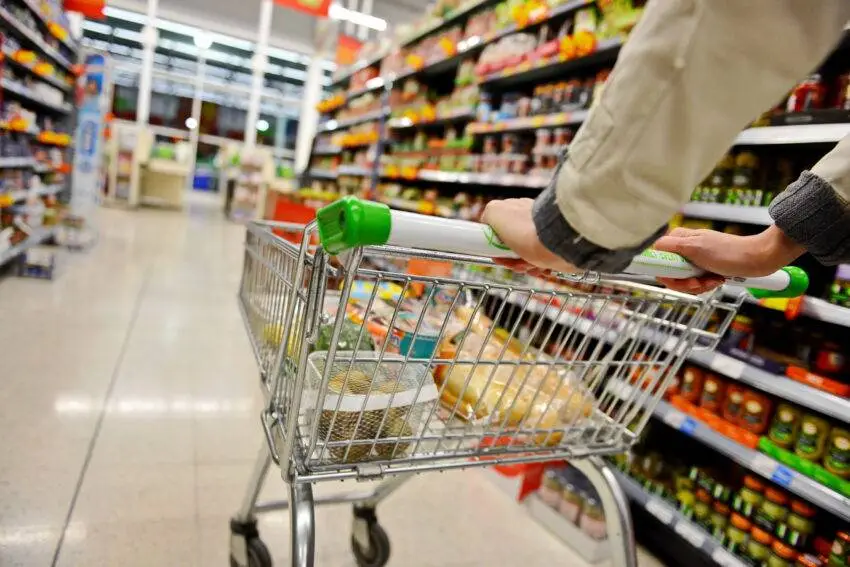UK inflation surged to 2.2% in July, slightly defying market expectations. This increase was attributed mainly to a slower decline in energy prices.
Despite this rise, the Bank of England is likely to persist with interest rate cuts as it aims to balance growth and inflation.
Energy Prices and Inflation
The modest inflation uptick was driven by a reduced drop in gas and electricity prices compared to the previous year. Despite energy costs falling overall, they didn’t drop as sharply as anticipated.
City analysts had predicted inflation to reach 2.3%, while the Bank of England had a higher forecast of 2.4%. This smaller-than-expected rise still sends signals to the economic planners and analysts.
Services Inflation and Core Inflation
One of the notable metrics, services inflation, saw a significant dip to 5.2% from 5.7%, less than the expected 5.6%. This was a relief for the Bank of England.
Furthermore, core inflation, which excludes volatile items like food and energy, slightly eased from 3.5% to 3.3%. This easing provided a bit of respite amid the overall inflationary pressures.
Impact on the Pound and Energy Prices
The pound reacted to the inflation news by slipping 0.2% against the dollar, settling at $1.283.
Investors began speculating on further interest rate cuts in the following months, impacting the currency’s value.
The slower decline in energy prices, influenced by previous surges in oil, gas, and electricity costs post-Russia’s invasion of Ukraine, further complicated the inflation scenario.
Expert Opinions and Economic Indicators
Grant Fitzner, Chief Economist at the ONS, mentioned, ‘Inflation ticked up a little in July as although domestic energy costs fell, they fell by less than a year ago.’
A unique factor, such as Taylor Swift’s Eras tour, might have temporarily inflated accommodation costs in June, illustrating the varied influences on inflation rates.
Challenge for the Prime Minister and Economic Growth
The inflation rise poses a significant economic challenge for Prime Minister Sir Keir Starmer. He has committed to stimulating GDP growth and ensuring stability after frequent policy changes.
New estimates from the ONS indicate the UK economy grew by 0.6% over the past three months, a slight drop from the 0.7% expansion in the first quarter.
Darren Jones, Chief Secretary to the Treasury, acknowledged the inherited economic challenges and emphasised the need for tough decisions to rebuild the economy.
Chancellor’s Upcoming Budget and Interest Rate Cuts
Chancellor Rachel Reeves is set to announce tax increases in her first budget on 30 October, following a government overspend of £21.9 billion.
The rise in inflation followed the Bank of England’s decision to cut interest rates by a quarter point to 5%.
This was the first rate reduction since March 2020, highlighting the balancing act between curbing inflation and fostering growth.
Unemployment and Wage Growth
Recent data showed a slight drop in unemployment, down to 4.2% from 4.4%.
This decrease led to speculation about the Bank of England’s next move at the Monetary Policy Committee meeting on 19 September.
Wage growth also moderated to 5.4%, its lowest in nearly two years, reflecting changing economic circumstances.
Analyst Insights and Future Outlook
KPMG UK’s Chief Economist, Yael Selfin, noted, ‘Despite a modest rise, inflation was relatively subdued in July as weaker core and food price inflation largely offset the diminishing impact of earlier falls in energy prices.’
The slight rise in UK inflation to 2.2% underscores the delicate balance the Bank of England must maintain. With fluctuating energy prices and varying economic indicators, future policy decisions will be crucial.
Nevertheless, the Bank’s focus remains on nurturing economic growth while keeping inflation in check amidst these dynamic conditions.

